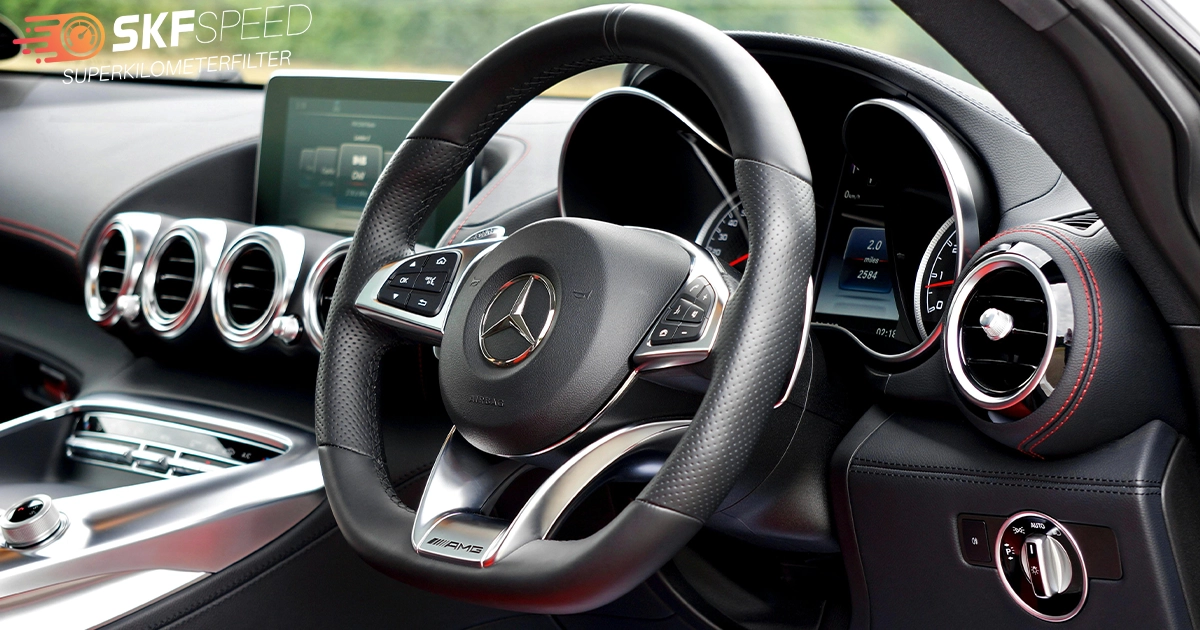
A vehicle is usually exempt from odometer reporting when it reaches a particular age. To be exact, vehicles produced before 2010 are exempt from reporting and vehicles from 2011 and newer become exempt after 20 years. Considering the importance of mileage, it may sound questionable why an automobile can be exempt from reporting such important data. The exemption is granted for various reasons or special occasions.
To understand why particular autos are omitted from odometer reporting, you need to do a thorough evaluation of several factors. This article will help you explore several scenarios that can lead to exempting the odometer reporting.
Odometer reporting is documenting and declaring a vehicle’s mileage during the selling or transfer process. The reporting is essential for transparency and trust in the auto market. In many regions, particular laws regulate this issue. Here are three important points that you should know about the odometer reporting:
Overall, stating mileage builds trust and confidence between the buyer and seller. It also creates a sense of fairness among the sides. Hence, it’s always a good idea to sign the documents.
Odometers are crucial components of automobiles, and every owner or buyer pays attention to them. That’s why countries try to monitor them carefully and ensure that they work correctly. According to the NHTSA, up to 500,000 vehicles in the United States have misleading mileage, which costs US customers around 1 billion US dollars.
Odometer fraud has become an increasing threat in the automobile industry. It affects buyers, sellers, and the overall process of vehicle purchasing. In response to this issue, rules and regulations have been created to prevent odometer tampering and manipulation. In the United States, for example, any tampering with or alteration of an odometer is strictly illegal by federal law under the Motor Vehicle Information and Cost Savings Act, generally known as the Odometer Act. However, the specific charges and penalties may vary depending on the state and jurisdiction.
Although an original mileage report is essential for automobiles, in some conditions, vehicles have exempt mileage, and their owners don’t have to declare it at all. The exemption is allowed by the law, and important updates have been made in 2021.

According to the latest changes in the law, from 2021, a vehicle is exempt from actual odometer reporting when it is 20 years old or older. If your car is less than 20 years old, you have to declare the correct miles.
Previously, the mileage exemption age was ten years; however, due to widespread odometer tampering, it was increased to twenty years. The decision was made to reduce manipulations and identify odometer fraud.
So, what does this mean? Let’s look at some examples. Imagine you own a 2010 model car and want to sell it. Because your automobile is 14 years old (within the current 20-year limit), it’s ineligible for exempt mileage status. Therefore, when you sell it, you must verify the actual mileage on the odometer and record it in the official paperwork. The buyer additionally confirms that miles are legitimate. This practice builds confidence between the two sides and makes the procedure more reliable.
What happens when an auto is more than 20 years old? In this case, you don’t have to disclose the current mileage. You only need to mark the status as “exempt.” Remember, once you define it as exempt from mileage, it can’t be changed back.
Vehicle mileage has multiple implications, and it can help you learn more about your automobile. The first aspect that you should evaluate is whether the miles are high or low.
Mileage significantly affects depreciation and valuation. Cars with lesser mileage have greater resale prices since they are believed to have a longer remaining lifespan. Vehicles deteriorate over time, but excessive mileage accelerates the process. Lower-mileage automobiles depreciate more slowly, allowing them to retain their value longer.
Despite being significant, mileage is not always the best measurement. People whose cars are not exempt from odometer reporting try to avoid declaring the actual miles and change the original odometer showing. They have various devices for manipulating odometers, making them unreliable.

As you can see, people try to utilize different methods to modify the original mileage. However, all of these approaches have one huge disadvantage: they are easily detectable, and the original mileage is quickly traceable. Consequently, people have recently started using the Mileage Blocker. This device stops the mileage recording process and is entirely untraceable. It is created for testing purposes only, but individuals sometimes use it unethically for fraudulent purposes.
A mileage blocker is a specialized gadget that stops your vehicle’s mileage recording mechanism. The great aspect of this tool is that it does not erase or reset any existing mileage. This device prevents additional kilometers from being counted and pauses only the recording process.
The mileage blocker has different modes that you can choose from. The SKF blocker has a smartphone app. You can download it and monitor or manage your device remotely from your phone. Remember that this special tool is for car testing and tuning only.
How do you set it up? Don’t worry! The device comes with easy installation instructions. The mileage blocker is now available, and you can buy the SKF blocker online. For any additional details, please contact customer service or support.
A vehicle is exempt from odometer reporting when it becomes 20 years old or falls into special categories such as HDA, RV, diplomatic, trailer, or antique. Although the odometer plays a significant role, it can be manipulated and show misleading data. That’s why you must be careful and check all the details.




Here you will find all the details about our company
Here you will find shipping and return related information
Here you will find information on all technical questions
Here you will find helpful information about installation